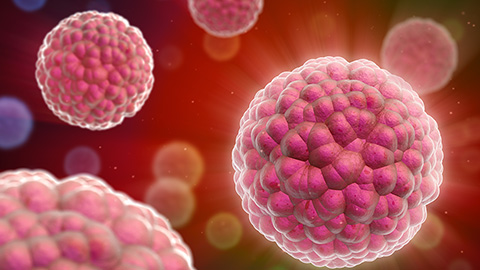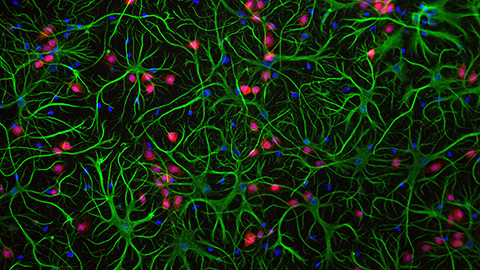
Dancing with metals: Iron copper and reactive sparks
"Sola dosis facit venenum" or "the dose makes the poison." This timeless adage holds particularly true in the realm of metals and oxidants, where the delicate balance between sufficiency and excess is paramount. Inadequate levels render an organism incapable of proper functioning, while excessive quantities can inflict irreversible harm. However, at the precise dosage, a harmonious symphony resonates within cellular systems.
While iron and copper play crucial roles in the functioning of numerous cellular proteins, excessive amounts can trigger the cell death mechanisms of ferroptosis and cuproptosis, respectively. Although oxidation is essential for vital cellular processes such as protein folding and signal transduction, excessive oxidation can harm cellular components, leading to cell death. How does a cell effectively regulate the availability of these factors and mitigate their toxic effects?
Submit an abstract
Abstract submission begins Sept. 14. If you submit by Oct. 12, you'll get a decision by Nov. 1. The regular submission deadline is Nov. 30. See the categories.
This compelling question will be addressed at our symposium. Esteemed investigators in the fields of iron, copper and redox biology will cover topics that include organellar redox metabolism and vulnerabilities, mechanisms of metal-induced cell death and metal stress, as well as metal acquisition and dependencies.
Keywords: Copper, iron, redox, metals, reactive oxygen species.
Who should attend: Metalheads and redox biologists, along with individuals keen on delving into the realms of iron, copper and selenium and the intricacies of oxidative stress.
Theme song: “Iron Man” by Black Sabbath. No explanation necessary.
This session is powered by the Fenton reaction.
Redox and metals in biology
Advances in redox homeostasis in biology and disease
Kivanç Birsoy, Rockefeller University
Jessica Spinelli, University of Massachusetts Chan Medical School

Urbain Weyemi (chair), National Cancer Institute
Elena Piskounova, Weill Cornell Medicine
Iron in redox biology: mechanisms and regulation
Adam Hughes, University of Utah
James Wohlschlegel, UCLA
Sarah-Maria Fendt, VIB–KU Leuven Center for Cancer Biology
Gina DeNicola (chair), Moffitt Cancer Center
Copper in redox biology: From fundamental chemistry to cellular function
Katherine Franz, Duke University
Peter Tsvetkov, Broad Institute of MIT and Harvard
Deborah Fass, Weizmann Institute of Science
Siavash Kurdistani (chair), UCLA
Enjoy reading ASBMB Today?
Become a member to receive the print edition four times a year and the digital edition monthly.
Learn moreGet the latest from ASBMB Today
Enter your email address, and we’ll send you a weekly email with recent articles, interviews and more.
Latest in Science
Science highlights or most popular articles

The data that did not fit
Brent Stockwell’s perseverance and work on the small molecule erastin led to the identification of ferroptosis, a regulated form of cell death with implications for cancer, neurodegeneration and infection.

Building a career in nutrition across continents
Driven by past women in science, Kazi Sarjana Safain left Bangladesh and pursued a scientific career in the U.S.

Avoiding common figure errors in manuscript submissions
The three figure issues most often flagged during JBC’s data integrity review are background signal errors, image reuse and undeclared splicing errors. Learn how to avoid these and prevent mistakes that could impede publication.

Ragweed compound thwarts aggressive bladder and breast cancers
Scientists from the University of Michigan reveal the mechanism of action of ambrosin, a compound from ragweed, selectively attacks advanced bladder and breast cancer cells in cell-based models, highlighting its potential to treat advanced tumors.

Lipid-lowering therapies could help treat IBD
Genetic evidence shows that drugs that reduce cholesterol or triglyceride levels can either raise or lower inflammatory bowel disease risk by altering gut microbes and immune signaling.

Key regulator of cholesterol protects against Alzheimer’s disease
A new study identifies oxysterol-binding protein-related protein 6 as a central controller of brain cholesterol balance, with protective effects against Alzheimer’s-related neurodegeneration.


